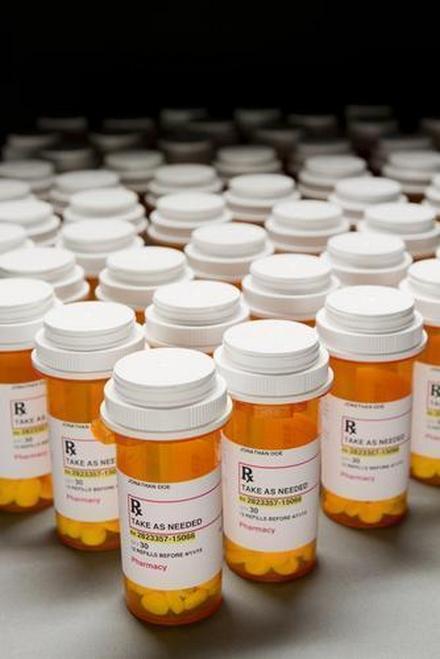TELEPHONES ANSWERED 24 HOURS A DAY
Circumstantial Evidence & Prescription Drug DUI Charges
 Driving under the influence does not always require the use of alcohol or an illegal drug. Under Illinois law, a person commits a crime whenever he or she drives “under the combined influence of alcohol, other drug or drugs, or intoxicating compound or compounds to a degree that renders the person incapable of safely driving.” This can include prescription drugs. In fact, because prescription drugs are more difficult to chemically test on the road, courts may be more likely to convict a defendant for prescription drug DUI based on mere circumstantial evidence.
Driving under the influence does not always require the use of alcohol or an illegal drug. Under Illinois law, a person commits a crime whenever he or she drives “under the combined influence of alcohol, other drug or drugs, or intoxicating compound or compounds to a degree that renders the person incapable of safely driving.” This can include prescription drugs. In fact, because prescription drugs are more difficult to chemically test on the road, courts may be more likely to convict a defendant for prescription drug DUI based on mere circumstantial evidence.
Evidence to Support a DUI Conviction in Illinois
In all DUI cases, a defense attorney will closely examine the circumstances of the police stop as well as the specific evidence collected which suggest that a driver was under the influence. In most cases the initial stop is spurred by violation of some traffic law — like weaving between lanes or speeding.
After the stop, the officer may then ask questions and collect more information to support a DUI charge. When it comes to alcohol, officers may conduct chemical tests to gauge the driver’s blood alcohol content (BAC) and produce more direct evidence of intoxication. However, that option is not as readily available when alcohol is not the intoxicant in question.
For example, what evidence is sufficient to show impairment from legal prescription drugs? Officers will not have a breathalyzer reading showing any specific per se violation of the law.
In prescription drug DUI cases, it is more likely that circumstantial evidence will be used in an attempt to convict. One key component may be the officer’s impression of intoxication. At trial the arresting officer may share his or her observations about slurred words, stumbling, incoherence, and other general suggestions of impairment. Illinois courts have found that the officer’s impression of impairment combined with admission of legal prescription drug use may be enough to convict.
In fact, Illinois courts have found that since the drugs at issue require a prescription — that is, they are “controlled substances” whose possession are legally restricted — the burden is on the driver, not the prosecution, to show a valid prescription and the ability to operate a vehicle legally while using them. It is not necessary, therefore, for the state to prove one had “unlawfully used or consumed” any drugs prior to operating a vehicle. All of this means that it is even more important to have an aggressive defense attorney on your side challenging the evidence used to prove intoxication while driving from prescription drugs.
Get Legal Help
“Drug driving” is just as serious a crime as “drunk driving.” That is why, if you or someone you know faces charges for operating a vehicle under the influence of any illegal or controlled substance, you need the immediate assistance of an experienced Illinois criminal defense attorney. Contact the Law Offices of Hal M. Garfinkel LLC, Chicago Criminal Defense Attorney today if you have any questions.




